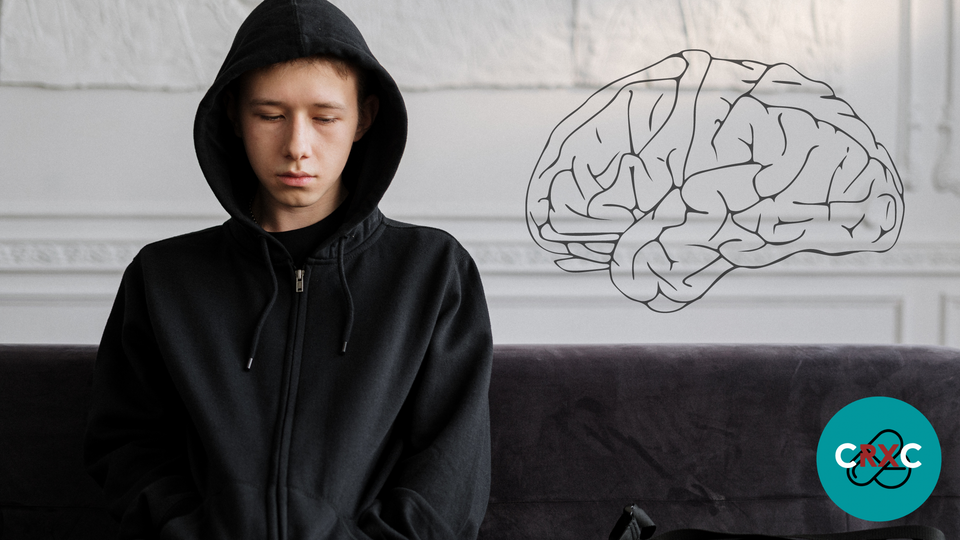May is Mental Health Awareness Month

May is a month to break the stigma on mental health and raise awareness for those living with mental health issues and illnesses. Mental health issues and illnesses affect people of all ages, sexes and ethnicities. Now more than ever, because of the impact of the COVID-19 pandemic, it is most important during this time to reduce the stigma and increase awareness around the struggles of mental health so that those who are struggling with this illness feel like they can speak up and seek help when they need it.
Warning signs of Mental illness
Learning about developing symptoms, followed by early intervention can help reduce the severity of an illness, with the possibility to prevent the major illness in advance.
Here are a few signs and symptoms to pay attention to when learning to identify signs of Mental illness:
- Sleep or appetite changes — Dramatic sleep and appetite changes or decline in personal care
- Mood changes — Rapid or dramatic shifts in emotions or depressed feelings
- Withdrawal — Recent social withdrawal and loss of interest in activities previously enjoyed
- Drop in functioning — An unusual drop in functioning, at school, work or social activities, such as quitting sports, failing in school or difficulty performing familiar tasks
- Problems thinking — Problems with concentration, memory or logical thought and speech that are hard to explain
- Increased sensitivity — Heightened sensitivity to sights, sounds, smells or touch; avoidance of over-stimulating situations
- Apathy — Loss of initiative or desire to participate in any activity
- Feeling disconnected — A vague feeling of being disconnected from oneself or one’s surroundings; a sense of unreality
- Illogical thinking — Unusual or exaggerated beliefs about personal powers to understand meanings or influence events; illogical or “magical” thinking typical of childhood in an adult
- Nervousness — Fear or suspiciousness of others or a strong nervous feeling
Unusual behavior – Odd, uncharacteristic, peculiar behavior
When to seek help and support
Anytime is the right time to look for support if you are exhibiting any of the above warning signs and symptoms. With early diagnosis and treatment, many of those diagnosed have a higher rate of fully recovering from their mental illness or learn to manage their symptoms.
As for those who've become disabled due to their chronic or severe mental illness, many others are able to live normal and productive lives. The key is to get help as soon as the symptoms start and to be consistent with treatment.
Treatment
Talk to your doctor about these types of general treatment that could help you start your journey towards healing your mental health.
- Therapy/Psychotherapy — helps patients reduce anxiety by learning and developing coping mechanisms, building self-esteem and assists in personal, social and community functioning development. Supportive psychotherapy helps patients cope and handle issues related to their mental health conditions, which can positively affect the rest of their lives, if patient is consistent with treatment.
- Medications — medications such as antidepressants, antipsychotics, mood stabilizers, tranquilizers and sleeping pills can reduce symptoms and prevent relapses of any type of psychiatric disorder related to mental health illness.
Mental Illness local resources and contact information: https://mhanational.org/local-resources
Resources For Immediate Response & Crisis:
https://mhanational.org/crisisresources
Signs and Symptoms resourced from: https://www.psychiatry.org/patients-families/warning-signs-of-mental-illness





